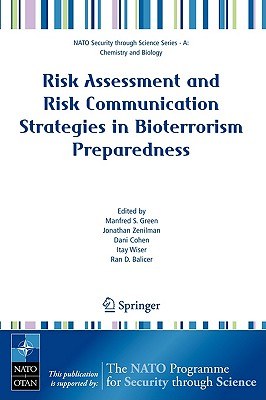

具体描述
This unique book covers many major disease surveillance systems, drawing on the experiences of leading experts from around the world. Beginning with an overview of the newly revised International Health Regulations from the World Health Organization, the book progresses to explore surveillance systems currently in practice. Examples included are as far ranging as surveillance for antimicrobial-resistant foodborne pathogens, vaccine adverse events, influenza and HIV/AIDS, to communicable disease surveillance during complex emergencies in Iraq and Sudan. Infectious Disease Surveillance also covers the use of modern technologies to track infectious diseases, including molecular epidemiologic techniques and electronic means for data collection and distribution. Other chapters discuss evaluation of surveillance methods, ethical considerations and legal issues. The book concludes with a review of historical lessons learned from the application of surveillance in disease control—for smallpox in the 1970s and for severe acute respiratory syndrome (SARS) in 2003. A comprehensive resource to improve the tracking of infectious diseases Offers perspectives on best practices through examples of a wide variety of surveillance systems from around the globe Acts as a starting point for design of new surveillance systems Serves as an easy reference for key information Designed for frontline public health practitioners engaged in communicable disease control, epidemiologists, clinical microbiologists, and students of public health and epidemiology, this book portrays both the conceptual framework and the practical aspects of infectious disease surveillance.
作者简介
目录信息
读后感
评分
评分
评分
评分
用户评价
相关图书
本站所有内容均为互联网搜索引擎提供的公开搜索信息,本站不存储任何数据与内容,任何内容与数据均与本站无关,如有需要请联系相关搜索引擎包括但不限于百度,google,bing,sogou 等
© 2026 book.wenda123.org All Rights Reserved. 图书目录大全 版权所有




















